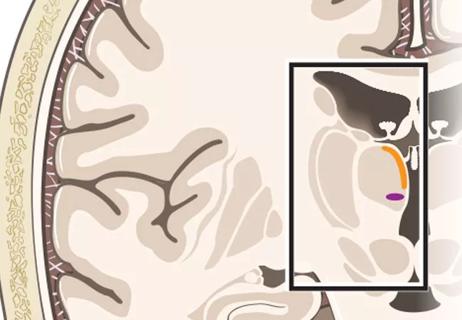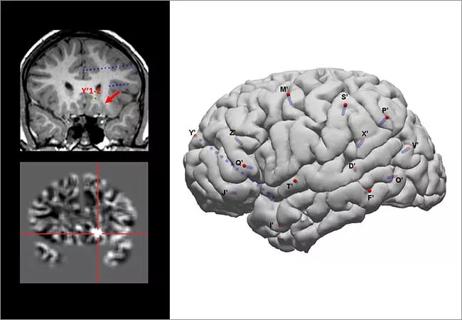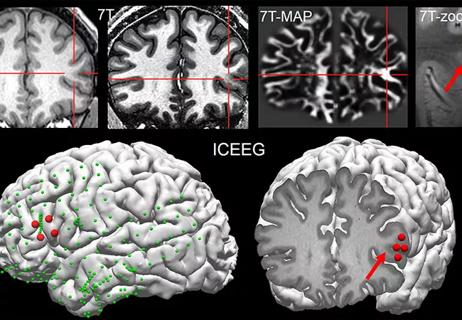Locations:

Advances in imaging technology could offer new insights for combatting age-related muscle loss

Consider this rapidly changing, cutting-edge specialty

A new NAIMS consensus statement summarizes evidence, guides MRI investigation

Post-processing and machine learning techniques add abundant value
Advertisement
Cleveland Clinic is a non-profit academic medical center. Advertising on our site helps support our mission. We do not endorse non-Cleveland Clinic products or services. Policy

Data suggest substantial findings beyond lower field strengths
Advertisement
Advertisement